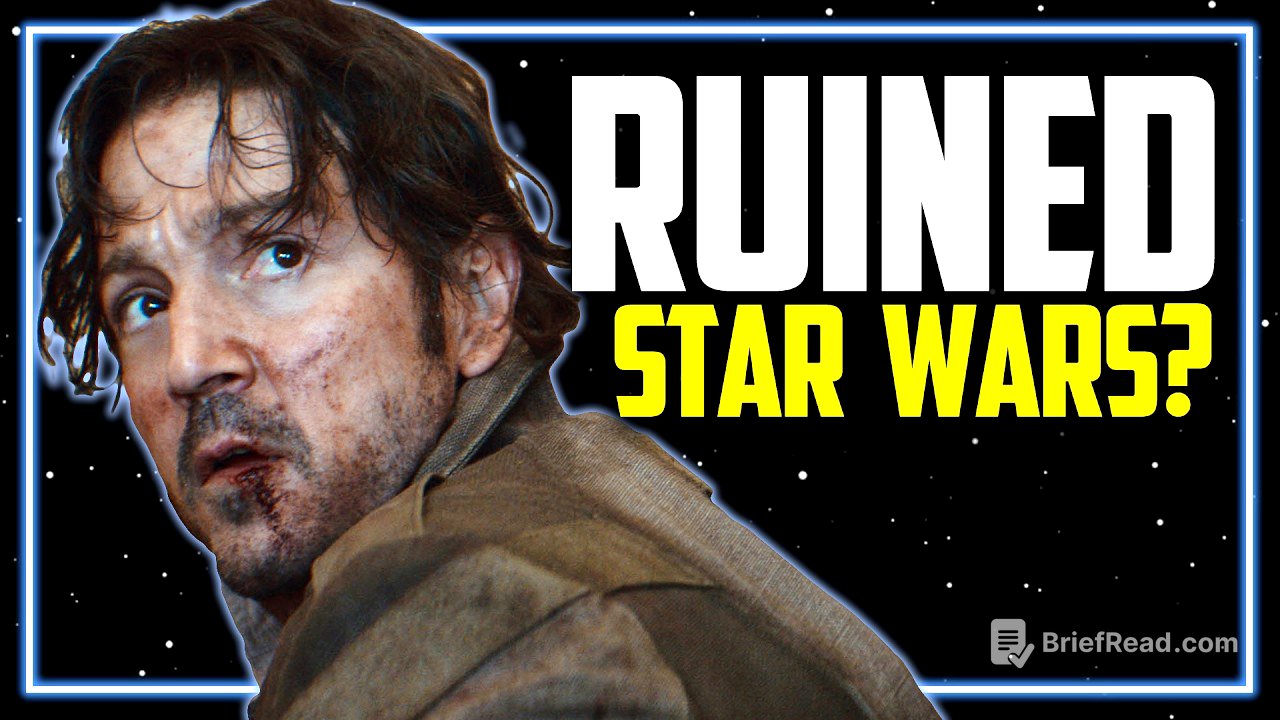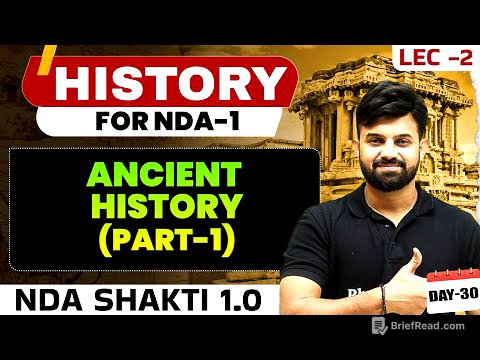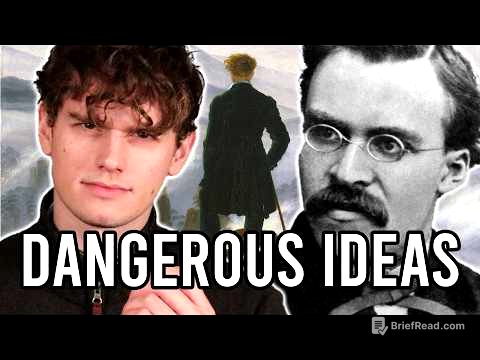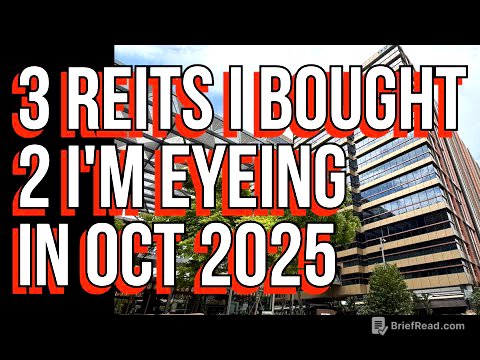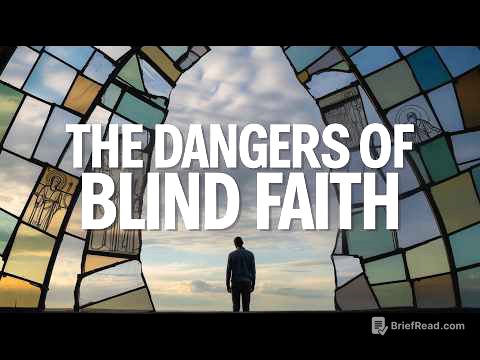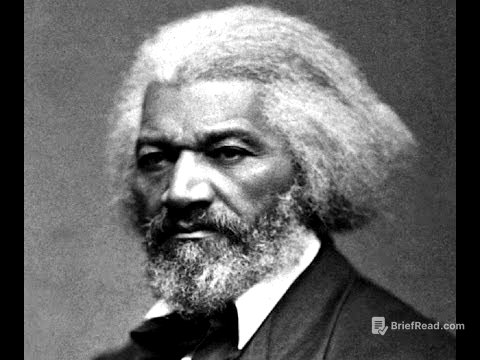TLDR;
The video discusses the Star Wars series "Andor" and its impact on the franchise. It highlights how "Andor" stands out from other Star Wars projects due to its focus on real characters, mature themes, and grounded storytelling, contrasting it with the over-reliance on fan service and interconnected storylines in other Disney-era Star Wars productions. The video praises the show's writing, acting, and production quality, arguing that it has raised the bar for Star Wars content and may have inadvertently made other projects in the franchise seem inferior.
- "Andor" is a prequel series to "Rogue One: A Star Wars Story," focusing on Cassian Andor's early rebel days.
- The series is praised for its mature themes, complex characters, and grounded storytelling, setting it apart from other Star Wars projects.
- The show's success is attributed to Tony Gilroy's creative control and his focus on real sets, locations, and character depth.
- "Andor" is contrasted with other Disney-era Star Wars productions like "The Mandalorian," "The Book of Boba Fett," and "Obi-Wan Kenobi," which are criticized for over-reliance on fan service and interconnected storylines.
- The video argues that "Andor" has raised the bar for Star Wars content and may have inadvertently made other projects in the franchise seem inferior.
Introduction: Andor's Unexpected Excellence [0:03]
The speaker introduces the Star Wars series "Andor," a prequel to "Rogue One," and expresses initial skepticism about the need for a spin-off to a spin-off. However, the speaker was surprised to find that "Andor" is not only a different kind of Star Wars series but possibly the best since the original trilogy. The speaker suggests that "Andor" may have ruined Star Wars due to its high quality, making other projects seem inferior.
The State of Star Wars Before Andor [2:18]
The speaker discusses the varying quality of Star Wars projects, noting that "Andor" has raised the bar to such a degree that it makes the rest of the franchise look worse. "Andor" came about as a reaction to the success of "Rogue One" and Disney's desire to pack their streaming service with recognizable IP. The speaker then reviews other Star Wars series that came before "Andor".
The Mandalorian and The Book of Boba Fett [4:01]
The speaker discusses "The Mandalorian," praising its first season for its one-off adventures and space western meets space samurai feel. However, the speaker notes that the second season started a troubling trend of introducing characters from books and animated series, setting up spin-offs and relying too heavily on interconnected storylines. The speaker then criticizes "The Book of Boba Fett" as the absolute bottom of the barrel of Star Wars in the Disney era, calling it uninspired and inaccessible to those not intimately familiar with the universe.
Obi-Wan Kenobi and the Rise of Fan Service [7:13]
The speaker discusses "Obi-Wan Kenobi," expressing initial excitement for Ewan McGregor's return but ultimately feeling disappointed by the series' over-reliance on fan service. The speaker argues that Star Wars began to feel like simply referencing things that happened in other movies or TV shows, catering only to those who had seen and read everything. The speaker contrasts this with "Andor," which, despite initial skepticism, proved to be a slow burn that focused on real people in a fictional universe instead of archetypes and stock characters.
Andor's Unique Qualities and Strengths [9:27]
The speaker attributes "Andor's" success to Tony Gilroy, who had full creative control over the series. Gilroy focused on the clandestine aspects of the rebellion and created real, complex characters with depth. The Imperials in the series are never on the right side of things, and yet we often feel something approaching empathy for them on a human level. The speaker highlights the Aldani heist and the Narina 5 prison arc as examples of the show's exceptional storytelling and character development.
Real Sets, Real Characters, Real Stakes [14:18]
The speaker emphasizes that "Andor" uses real sets and locations, which adds to its tangible feel, unlike other Star Wars series that rely on virtual stages. The characters in "Andor" feel real, with married characters and romantic relationships that include actual sex, which is seen as revolutionary. The Empire is insidiously evil in a believable way, and the rebels are flawed, making the story feel grounded in reality. Gilroy respects the franchise but is not slavishly devoted to it, allowing him to explore new facets of the Star Wars universe.
The Impact of Andor on Subsequent Star Wars Series [15:51]
The speaker discusses the Star Wars series that followed "Andor" season 1, including "The Mandalorian" season 3, "Ahsoka," "The Acolyte," and "Skeleton Crew." The speaker notes that "The Mandalorian" season 3 felt like a return to the kind of Star Wars that had been prevalent in recent years, with a focus on furthering storylines and continuity from the Clone Wars. The speaker expresses disappointment with "Ahsoka" and "The Acolyte," while admitting to not having watched "Skeleton Crew."
Andor Season 2 and Its Tragic Brilliance [17:38]
The speaker discusses "Andor" season 2, praising its delivery and tragic feel. The season spends a great deal of time with the plight of the people of Gorman, a planet of great importance to Star Wars lore. The speaker highlights Genevieve O'Reilly's performance as Mon Mothma, calling it Emmy-worthy. The speaker notes that as Cassian walks in slow motion in the final episode, we see the fate of all the characters we'd spent two seasons watching, and we know he is on his way to his death.
Conclusion: Andor's Legacy [19:55]
The speaker concludes by stating that "Andor" was about the singing of the unsung, the underdogs, the middlemen, the people impacted by the Star Wars. The biggest achievement of "Andor" is that it knew when to end. The speaker believes that "Andor" did more for restoring their love of the Star Wars universe than just about any other project. While the movies felt like a corporation furthering a franchise, and many of the series felt like continuity hounds furthering a mythos, "Andor" felt like people bringing their best to telling stories about people doing their best.
